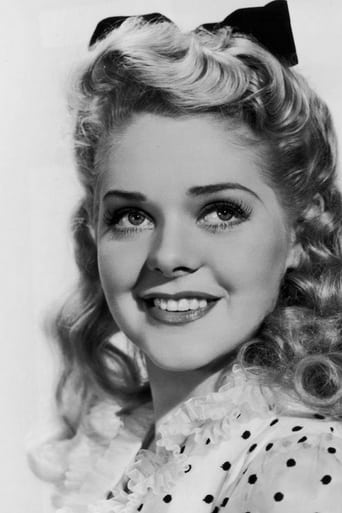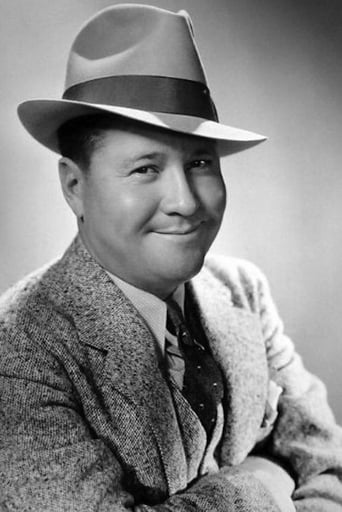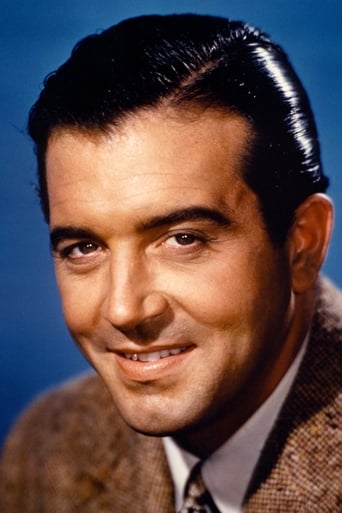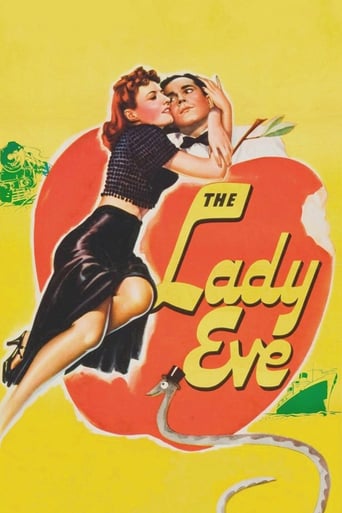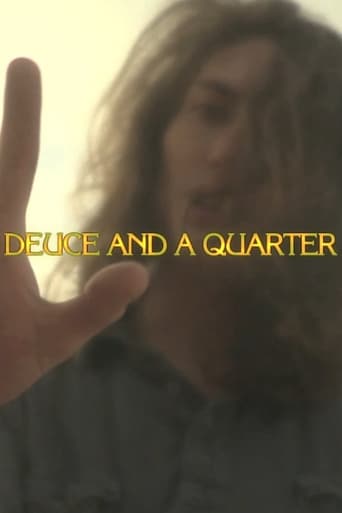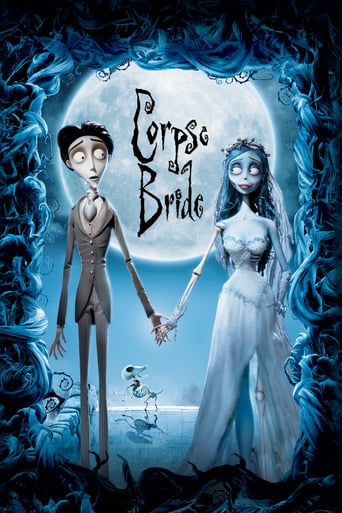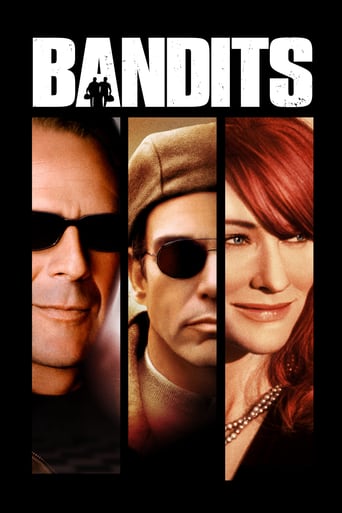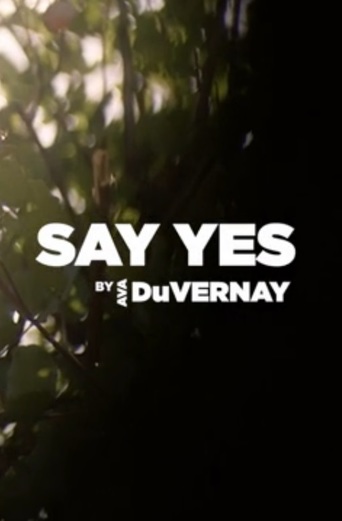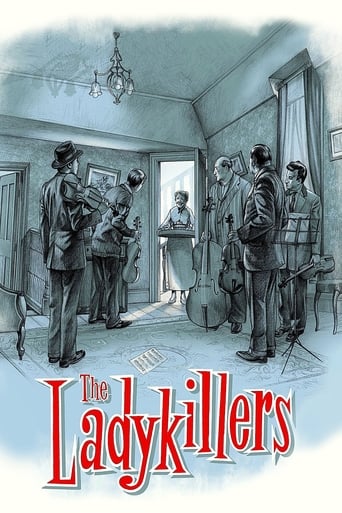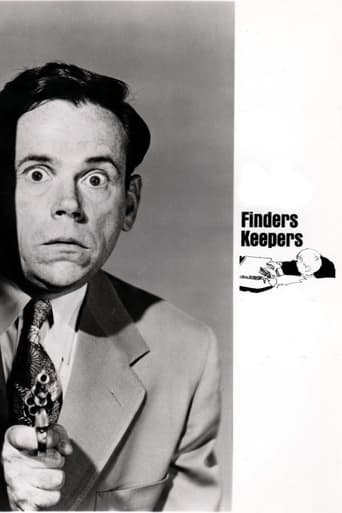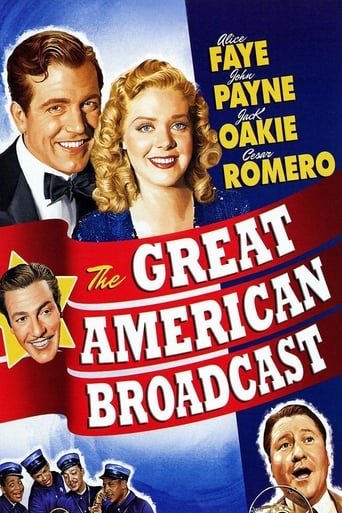
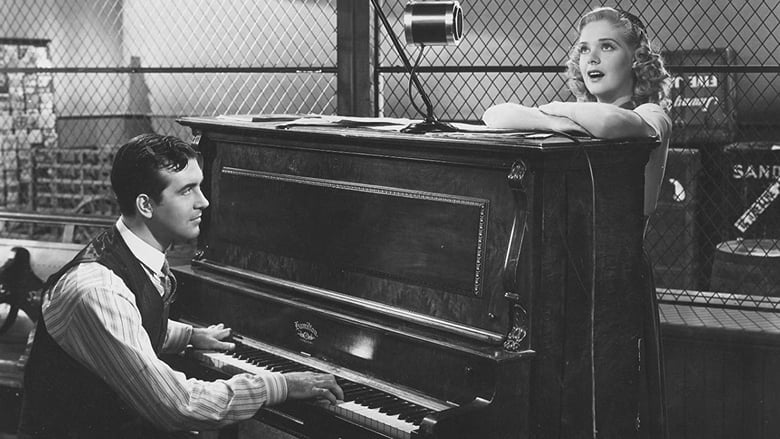
The Great American Broadcast (1941)
After WWI two men go into radio. Failure leads the wife of one to borrow money from another; she goes on, after separation, to stardom. A coast-to-coast radio program is set up to bring everyone back together.
Watch Trailer
Cast
Similar titles
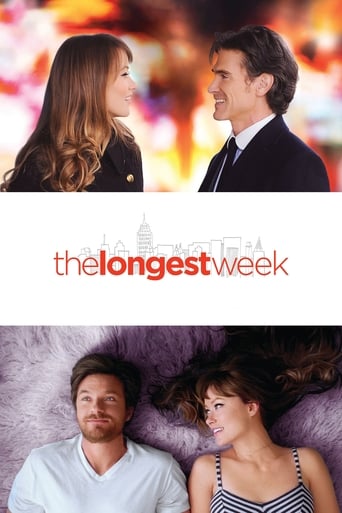

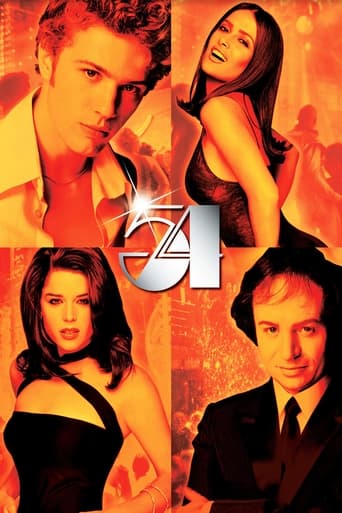
Reviews
Too much of everything
best movie i've ever seen.
Let me be very fair here, this is not the best movie in my opinion. But, this movie is fun, it has purpose and is very enjoyable to watch.
what a terribly boring film. I'm sorry but this is absolutely not deserving of best picture and will be forgotten quickly. Entertaining and engaging cinema? No. Nothing performances with flat faces and mistaking silence for subtlety.
The Great American Broadcast marks the first of four films that Alice Faye teamed with John Payne at 20th Century Fox. It has long been a contention of mine that Payne was signed by Darryl Zanuck because he looked a whole lot like Tyrone Power and could sing and thus carry his end of musical films with Alice, Betty Grable, June Haver, etc. Funny thing is when he left Fox, Payne abruptly stopped doing musicals and concentrated on all kinds of other films. He never sang a note on screen after 1946. Putting it mildly this is not the history of the origin of commercial broadcast radio. Still it's a pleasant 90 minutes or so of musical entertainment with Alice Faye, John Payne, Jack Oakie, the Ink Spots, the Wiere Brothers, and the tap dancing Nicholas Brothers. I won't even quibble about how one enjoyed the Nicholas Brothers tap dance on radio. In 1919 flier John Payne, radio electrician Jack Oakie, saloon singer Alice Faye, and millionaire Cesar Romero essentially all team up to launch commercial radio. If you're wondering what Payne's specialty and what he brought to the table, he was the promoter of the bunch, a role he would repeat in Tin Pan Alley and Hello Frisco Hello also with Faye and Oakie. Alice has all three of these guys panting for her, but her heart belongs to Payne even though he's a bit of fathead and doesn't appreciate what he has.Harry Warren and Mack Gordon wrote the songs for The Great American Broadcast, the best of which is I Take To You which should have done a whole lot better in record sales. Oakie has a very funny bit trying to fake an operatic tenor during an early broadcast.The event which launches the quartet in the broadcasting business was the famous Jess Willard-Jack Dempsey heavyweight championship fight and director Archie Mayo did a very good job integrating newsreel footage of the fight with the cast. In the opening montage you'll also see a whole lot of radio personalities who were big in 1940. As Alice Faye is one of my real favorites I'm prejudiced, but The Great American Broadcast holds up very well after over 70 years even if it isn't the history of radio.
You know those Fox musicals: dreary plots, dragged-out playing times, benumbed direction, uninteresting photography, excruciatingly familiar casts, undistinguished or antiquated old-fave scores. This one, with less production values than usual, actually has a fun if unremarkable plot, pretending to be about the history of radio, but really just an excuse to let its stars do what they do best: Alice Faye to sing in her throaty, comforting contralto, John Payne to look handsome (he also warbles a bit, and not badly), Jack Oakie to clown (less annoyingly than usual). Mack Gordon and Harry Warren wrote many gorgeous ballads; here the keeper is "Long Ago Last Night," and it's a corker. It moves fast--positively at a gallop, by Fox standards--and though there are anachronisms everywhere, in the costumes and the dialog and the sets, this time you don't mind. A very entertaining, unpretentious Fox musical.
Few middle-aged people now even remember the waning days of big time network radio, much less its prime time from the late 1920s to the mid 50s. When I first became aware of radio, about 1930, the networks had been operating for some time. Nothing in this movie would tell me how long. The signals were, indeed, carried over telephone lines. In fact, by the late 30s, at least, telephone cables consisting of thousands of wires in a lead sheath carried larger gauge wires in the center to provide a cleaner signal for radio transmission. Broadcasts originated mostly in New York, with quite a few from California, some from Chicago, and a few from other places around the country -- like Nashville. If it was necessary to switch the feed from, say, New York to Hollywood for a special interview, it took about 5 seconds for the phone lines to be reconnected in the opposite direction. It was a fun time, that this movie pretends to have invented. When it originated, the people -- broadcasters and listeners -- must have been fully as excited about it as the movie depicts.The plot of the story is one we've seen in at least a dozen films: boy steals friend's girl; friend and girl succeed big in some enterprise, boy, left out, becomes jealous and disappears; boy turns up just in time to observe girl's ultimate triumph. The enterprise may be a business, a farm, or a mine, but more commonly it's an act or dramatic career. The story is always stupid, and this film is no exception.Still, the music featuring Alice Faye, a couple of numbers by the Ink Spots, the hilarious Wiere Brothers, and the incomparable Nicholas Brothers, and even John Payne in one of his early singing roles, makes for eminently watchable entertainment, with the bit of questionable broadcast history thrown in for good measure. Despite the too familiar plot, it's far better than the average musical of the 30s through 50s. I loved it enough to save the recording I made off the cable 15 years ago, and liked it just as much when I dug up the tape this week.
While it is almost impossible to bypass the beauty of Alice Faye, I wish to mention that the plot of this cute fluff pic contains an interesting idea: hook up radio stations in a coast-to-coast network via the telephone. One hears so many arguments (political and otherwise) about "Who Invented the Internet?" It's easy to forget our honorable ancestors in the early days of Radio (when that name drew enough awe to have SciFi and even strange Westerns use it as a buzzword). The idea of telephone hookups apparently gave audiences a thrill.
